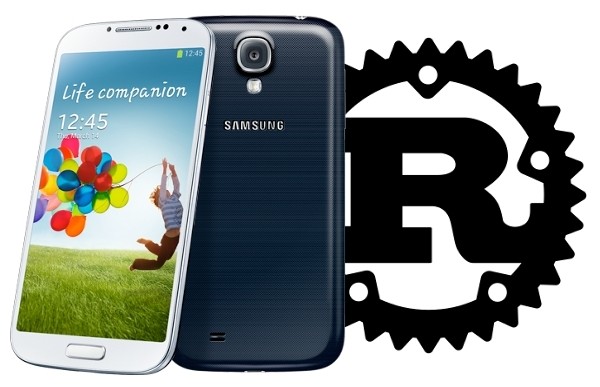It's been roughly two months since Opera announced it was dropping its own Presto web rendering engine in favor of Webkit, the same used by Apple's Safari and Google's Chrome. The move was seen as an attempt to remain relevant in the mobile market, where Opera has usually been a strong contender, and essentially reduced the market to three major engines, with Microsoft's Trident and Mozilla's Gecko the other two.
Back then Mozilla lamented the decision noting that Webkit dominating the mobile scene would make their job of promoting web standards harder. Fast forward to today and there are two new players jumping on the scene.
Google Blink
The first comes courtesy of Google, which just announced it will be forking WebKit to create the Blink rendering browser engine. Google's Adam Barth explained over at the Chromium blog that it wasn't an easy decision to make, but with Webkit being an open source project responding to the interests of different customers on varying platforms, it was becoming increasingly difficult to move development apace while keeping it working for all.
Blink will still be open source, which means anyone working with WebKit can fold changes from Blink back into the main engine source. But of course the key difference here is that Google will be calling the shots going forward, so you can expect the code to be tweaked specifically for Chromium's needs.

Eventually Blink will become the rendering engine of both the desktop and mobile versions of Google's Chrome browser, as well as the engine that drives its ChromeOS web-based operating system. Opera has also confirmed it will follow Google on this one adopting both Chromium and Blink.
It's unclear if this means their iOS clients will be discontinued, since Apple only allows Webkit-based browsers to run on its platforms, or if they'll keep a Webkit version alongside the new Blink-based browser for some time. But with Google controlling a majority of the browser market share on desktop and mobile combined – 38% according to StatCounter -- maybe they feel confident enough to part ways with Apple.
There's still work to be done before that can happen, however. Barth says the bulk of the initial work will focus on internal architectural improvements and simplification of the codebase by dropping more than 4.5 million lines of code relating to other architectures. No timeframe for the change was given.
Mozilla and Samsung's Servo
Meanwhile, the Mozilla Foundation also announced it's working on a new web browser engine called Servo, developed in collaboration with Samsung. The companies said Servo is an attempt to rebuild the Web browser from the ground up to take advantage of tomorrow's faster, multi-core, heterogeneous computing architectures.
Security also appears to be a key focus for Mozilla, which touts a new "safe systems language" called Rust as the basis for the new engine, which will reportedly prevent "entire classes of memory management errors that lead to crashes and security vulnerabilities." The language is said to fill many of the same niches as C++, with efficient high-level, multi-paradigm abstractions, and precise control over hardware resources.

Mozilla isn't talking about replacing Gecko on either its desktop of mobile browsers just yet. But partnering with a mobile heavyweight could be a major strategic win for Firefox, which was late to the game, and could suddenly end up with an enormous user base on smartphones if Samsung were to swap out the default Chrome browser.
What does this mean for web developers?
Both new engines are still at an early stage – more-so Mozilla and Samsung's Servo -- so in the short term this should bring little change for web developers. But in the end the introduction of a new rendering engine means more work for developers as they need to code and test for incompatibilities on a whole other platform.
Blink is likely to gain wider adoption in the short term due to Chrome's reach, but given it will be a fork of Webkit, supporting it might not be too much of a hassle. As for Servo, the engine will still need to prove itself and garner a strong user base before developers even make the effort to support it. Mozilla isn't really a force in the mobile web space these days, but if the Samsung partnership pans out it will add yet another variable to the mix.
It's worth mentioning that Google has vowed to collaborate closely with other browser vendors to move the web forward and preserve the compatibility that made it a successful ecosystem. Others are a little more cynical about Google's intentions with Blink – check out this comical no-BS FAQ from prng.net.